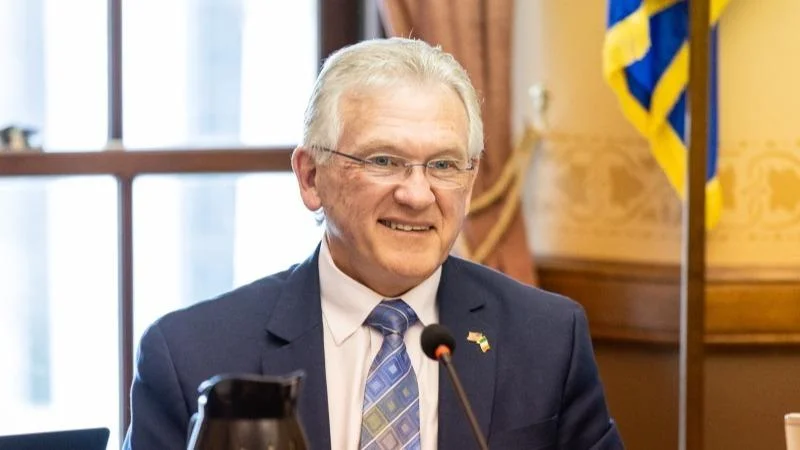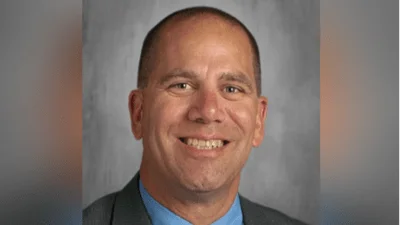Jerry L. O\'Connor, Wisconsin State Representative for 60th District | www.facebook.com
Jerry L. O\'Connor, Wisconsin State Representative for 60th District | www.facebook.com
According to the Wisconsin State Legislature's official website, the bill was described as follows: "an optional final hearing by affidavit for the dissolution of a marriage".
The following is our breakdown, based on the actual bill text, and may include interpretation to clarify its provisions.
In essence, the bill permits a court to enter a judgment of divorce or legal separation based on a signed affidavit from both parties, thus bypassing the need for a final in-person hearing. This option is contingent upon both parties being represented by counsel or having worked with a registered lawyer mediator skilled in dispute resolution. The affidavit must contain several affirmations, including the waiver of the right to a hearing, acknowledgment of residency requirements, and understanding of any stipulations involved. The affidavit must also address the parties' military status, receipt of public assistance, and any history of interspousal battery or domestic abuse cases. The effective date of a divorce judgment is immediate upon its granting; however, parties are prohibited from remarrying within six months of the judgment.
The bill was co-authored by Senator Eric Wimberger (Republican-2nd District), Representative Steve Doyle (Democrat-94th District), Representative Lori A. Palmeri (Democrat-54th District), and Representative Jim Piwowarczyk (Republican-98th District). It was sponsored by Senator Rachael Cabral-Guevara (Republican-19th District) and Senator Melissa Ratcliff (Democrat-16th District).
Jerry L. O'Connor has co-authored or authored another 103 bills since the beginning of the 2025 session, with none of them being enacted.
O'Conner graduated from Minnesota Bible College in 1973.
O'Conner, a Republican, was elected to the Wisconsin State Assembly in 2025 to represent the state's 60th Assembly district, replacing previous state representative Robert Brooks.
In Wisconsin, the legislative process starts when a senator, constituent, group, or agency proposes an idea for a bill. After drafting, the bill is introduced, numbered, and referred to a committee for review and public input. If approved, it moves through three readings and votes in both the Senate and Assembly. Once both chambers pass the same version, the bill goes to the governor, who can sign it, veto it, or let it become law without a signature. Only a small share of bills introduced each session ultimately become law. You can learn more about the Wisconsin legislative process here.
| Bill Number | Date Introduced | Short Description |
|---|---|---|
| AB189 | 04/15/2025 | An optional final hearing by affidavit for the dissolution of a marriage |
| AB174 | 04/14/2025 | Transmission facilities; installation of large wind energy, large solar energy, and battery energy storage systems; installation of light-mitigating technology systems; and prioritizing nuclear energy resources. (FE) |
| AB171 | 04/09/2025 | Privacy protections for judicial officers |
| AB170 | 04/09/2025 | Prohibiting the Department of Justice from using the legal services of nongovernmental employees. (FE) |
| AB168 | 04/08/2025 | Various changes to the unemployment insurance law. (FE) |
| AB162 | 04/08/2025 | Workforce metrics. (FE) |
| AB152 | 04/02/2025 | Bid requirement for publication and printing of county board proceedings, notices, and advertisements in counties having a population of 250,000 or more and at least two English newspapers published daily |
| AB90 | 02/28/2025 | Copies of and inspection or disclosure of information contained in certain vital records. (FE) |
| AB58 | 02/24/2025 | Flags flown, hung, or displayed from a flagpole or the exterior of state and local buildings and eliminating a related administrative rule |
| AB21 | 02/06/2025 | Technical colleges’ lease of their facilities to others. (FE) |


 Alerts Sign-up
Alerts Sign-up